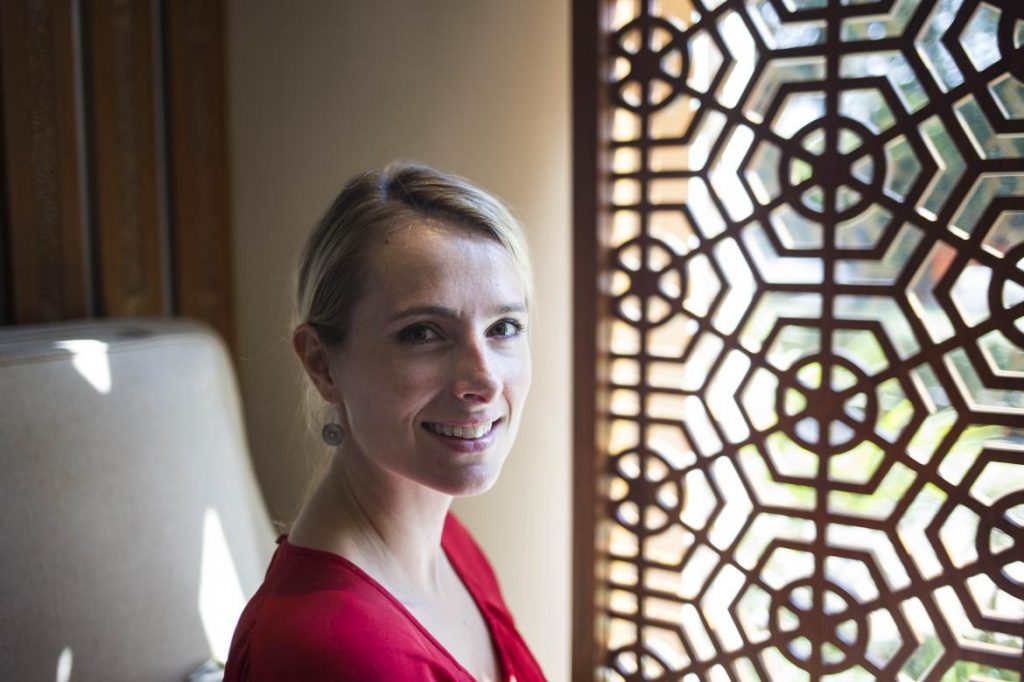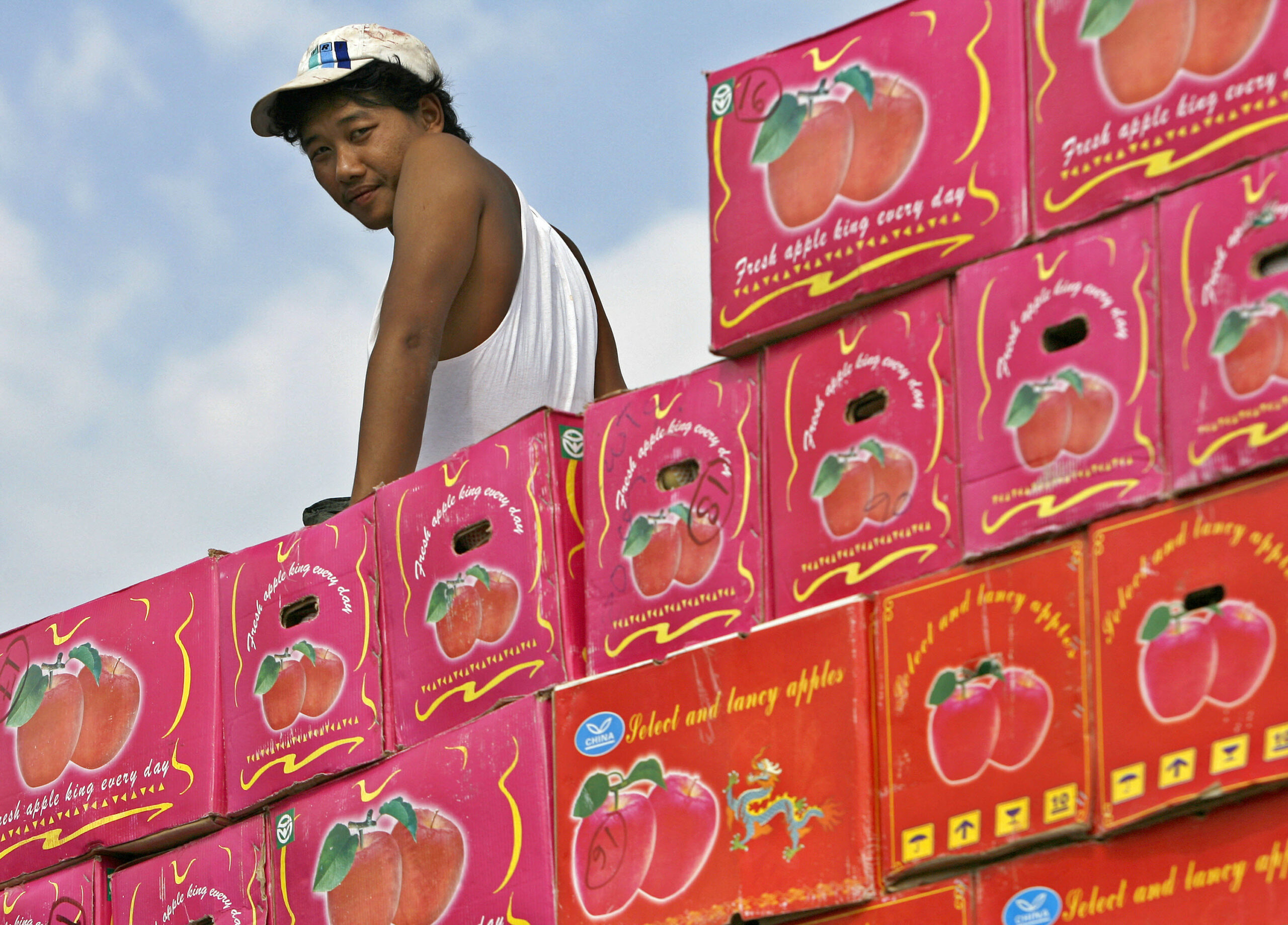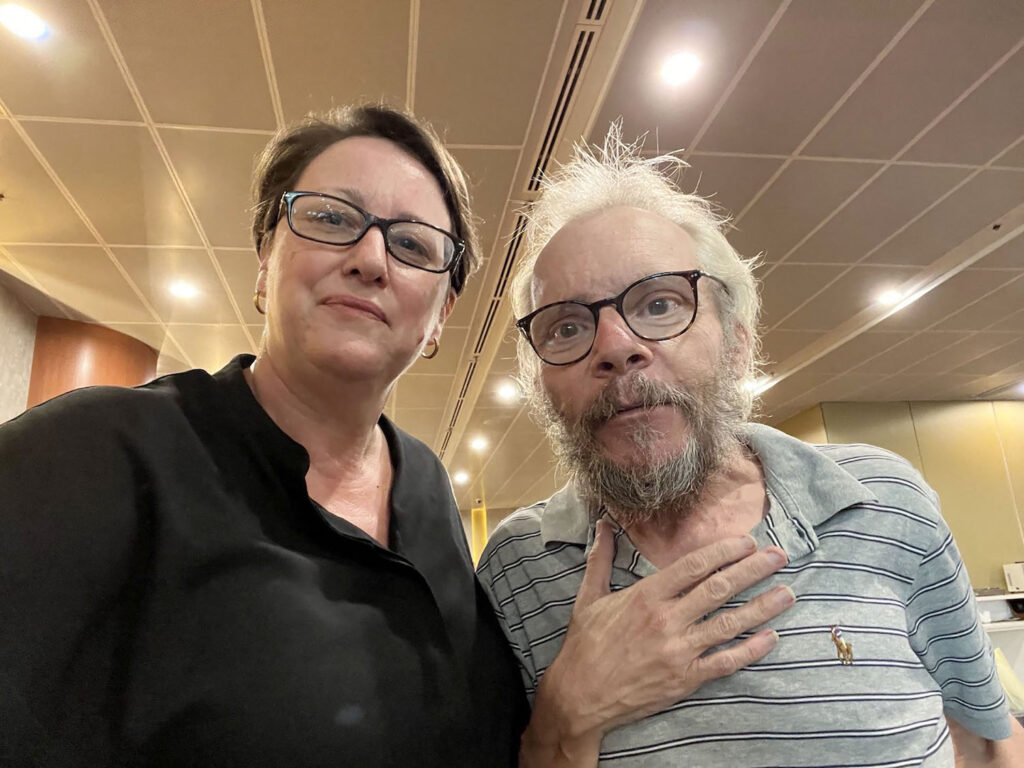Women in business were the focus of a conference in Yangon this month. The inaugural Women in Business and Leadership Development dinner and conference was hosted by the Australia-Myanmar Chamber of Commerce and the Myanmar Women’s Entrepreneurs Association. Ms Verity Lomax, the chief executive of the chamber, spoke to Frontier about the economic argument for gender equality in business.
Why has the topic of gender equality in business become so important?
Globally you’re seeing a lot of research from various organisations about the economic case for gender equality. It’s not only about coming at the issue from a moral platform, saying that everybody deserves equal opportunity, but what you are seeing is that more and more organisations are actually putting a dollar value on gender equality.
The latest report I have seen is a very compelling statistic from McKinsey [Global Institute]. They said that if gender equality was advanced fairly, by 2025 US$12 trillion would be added to the global GDP.
I think that’s because if somebody’s earning a salary, they are multiplying the economy. If you earn more money, you spend more money, and you also increase the level of education for your children. So if you’re more educated and have a child, the chances are your children will be better educated. So I think it’s a multiplication factor.
What is the situation regarding gender equality in business in Myanmar?
There is some data around this, but of course with data in Myanmar there has to be some level of filter around it.
From what I have seen, there seem to be some good signs. For example, statistics from the World Bank say that 27 percent of companies have female participation in ownership.
Support more independent journalism like this. Sign up to be a Frontier member.
I think when you think about the level of wealth in the top echelons of Myanmar, maybe there’s something in the family business structure that makes that possible. So it’s certainly a good platform to start with, but it seems like there’s still a gap, and that’s the case in many developing countries.
I think the other thing to say is leadership. In terms of female MPs, it has doubled since the election. It’s gone to 13 percent [from six percent in 2014], which is still low, but it is double. So let’s celebrate the fact that it’s doubled and know that doubling anything is a good step forward.
The other thing to note is that when you look at rural communities there is definitely a gap between the lives of female business owners in Yangon and those in rural communities. A recent report said that there is a pay gap between men and women of approximately 30 percent, and my understanding is that’s almost the same in Australia.
What are some of the challenges to achieving gender equality in businesses in Myanmar?
One of the key questions that the Global Women in Business Initiative asked was: are there any financial or legal barriers to women, such as opening bank accounts or owning a property or starting a business?
Around the world that can vary, where a man has to be the one to open a bank account, but my understanding from talking with experts is that it is technically not the case here.
However there are, I guess, invisible barriers, some of those will be part of the society. One of those is collateral. Whenever you open a bank account or start a business, you need collateral. And it’s quite often the case that women just don’t have that.
Part of the aim of this event was to bring awareness to different institutions about this issue to make it easier for women to do these things.
Although there are no visible barriers, a big challenge for this issue globally is one of attitudes. How do you go about changing attitudes in a country such as Myanmar?
I can talk in terms of the Australian context. As an example, in Australia, we have one woman killed every week from domestic violence. One thing to consider is that in Australia the data is very strong, so how do you know if the situation is better or worse?
Regardless of that, what we do have is very high profile awareness campaigns that are government-backed. We have the White Ribbon Campaign [a global movement of boys and men working to end male violence against women], and we also have the Australia Says No campaign.
The number of men and male leaders that are getting behind this discussion is quite incredible. For example, in Australia we have General David Morrison, who is the former chief of the Australian military who has spoken up about gender violence in the army. He has become an international advocate for this, and he’s a man from the military, which is the ultimate male-dominated space.
So I think in terms of changing behaviour and mentality, it comes down to role models, it comes down to awareness campaigns that are clever and that have the backing of powerful institutions like the media and the government.
Maybe in Myanmar it is about finding champions who are happy to talk openly, and therefore finding people who are happy to listen.
You said that it’s important for men to be involved in this issue. Why?
Men are important in the discussion for women and women are important in the discussion for men.
There are a number of reports that talk about the effectiveness of organisations when they have equality at the board level. A report came out recently about the increase in efficiency in businesses when they have equal representation of women and men at the board level.
Title photo: Ann Wang / Frontier







